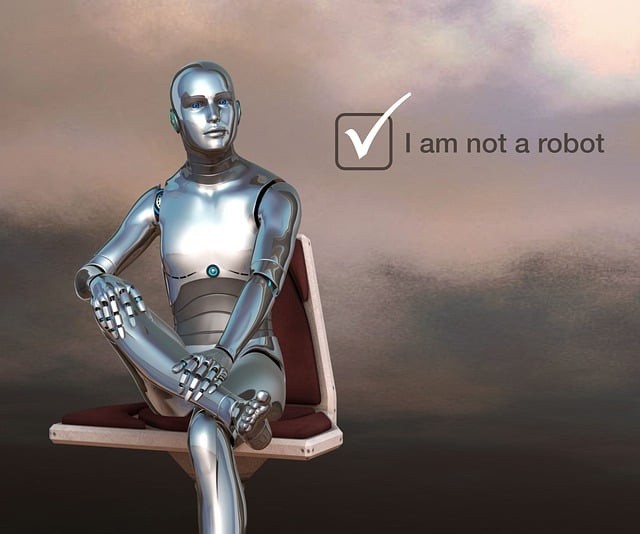
Many notice that captchas are getting harder to solve because they take longer. Current captchas are designed as such for a reason —they are getting smarter and outsmarting human users.
What Are Captchas?
CAPTCHA (Completely Automated Public Turing test to tell Computers and Humans Apart) is a challenge-response authentication security technique. They are riddles designed to protect websites from malicious bots.
By requiring one to pass a brief test to verify that they are a human and not a computer attempting to access a password-protected account, CAPTCHA helps safeguard users against spam and password decryption.
A text box and a randomly generated string of letter numbers displayed as a distorted image comprise the two basic components of a CAPTCHA test. Users need to enter the characters they see in the image into the text box to pass the test and demonstrate their human identity or respond to the "I'm not a robot" question.
Google is dedicated to protecting the security of your information. CAPTCHA ensures that only a human with the correct password can access your account to prevent remote digital input.
Computers can interpret responses and produce distorted images but cannot read or solve problems like humans can to pass the exam. This is why CAPTCHA works. Initially, visitors had to duplicate a string of letters and numbers or name every bus in frequently challenging-to-identify photo passes. However, the most recent versions need users to click on the non-aquatic animal or choose things with similar shapes.
Why Captchas Are Getting Harder?
An increasing number of individuals say that the once-simple Captcha has become a bothersome barrier to accessing websites, making even seemingly straightforward tasks like paying their utility bills or logging into social media accounts harrowing.
"Things are going to get even stranger, to be honest, because now you have to do something that's nonsensical," per Kevin Gosschalk, the founder and CEO of Arkose Labs, a web security firm that designs captchas. "Otherwise, large multimodal models will be able to understand."
Arkose MatchKey Labs develops Captchas for websites. Their "easier" option requires the user to use the arrows to match the bear in the right image with the crab in the left image.
It sounds simple enough until you reach a website that is thought to be very vulnerable to bot attacks. At that point, you are instructed to adjust the items using the arrows until they resemble the left image.
The company describes itself as "the strongest Captcha ever made" and states that users can only be approved for general threat levels if they can answer the puzzle the first time. However, they acknowledge that the rates at which users complete the model do not affect the strength of their puzzles, which are "designed for bad actors."
Both become more adept at breaking codes, so they must create more difficult and sophisticated Captch that require real intellect to solve. For example, they might ask the user to solve basic math equities. Last year, researchers from the University of California, Irvine discovered that bots could reliably and nearly perfectly solve distorted text Captchas. According to the study, bots are frequently designed to post phony comments or reviews, scrape content from websites, and "often outsource solving to Captcha farms - sweatshop-like operations where humans are paid to solve Captchas.
Captchas now take time to solve because they are designed to be more challenging to counteract the rise of bots.
Check out more news and information on AI and GPT-3 in Science Times.












